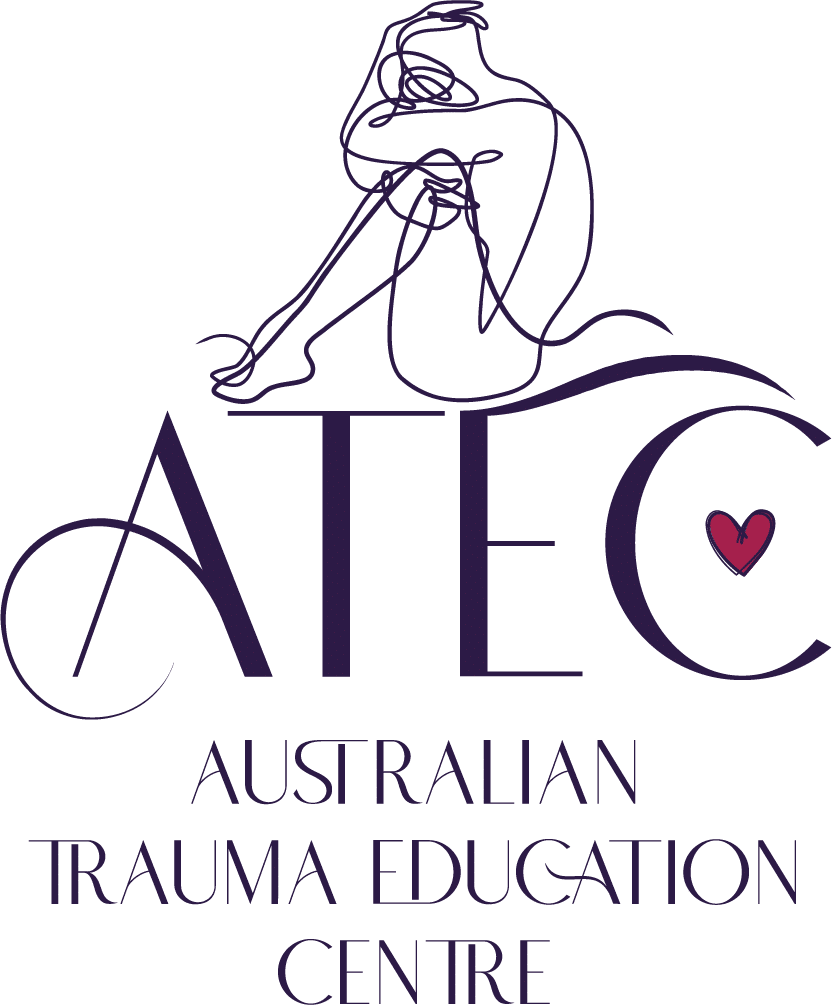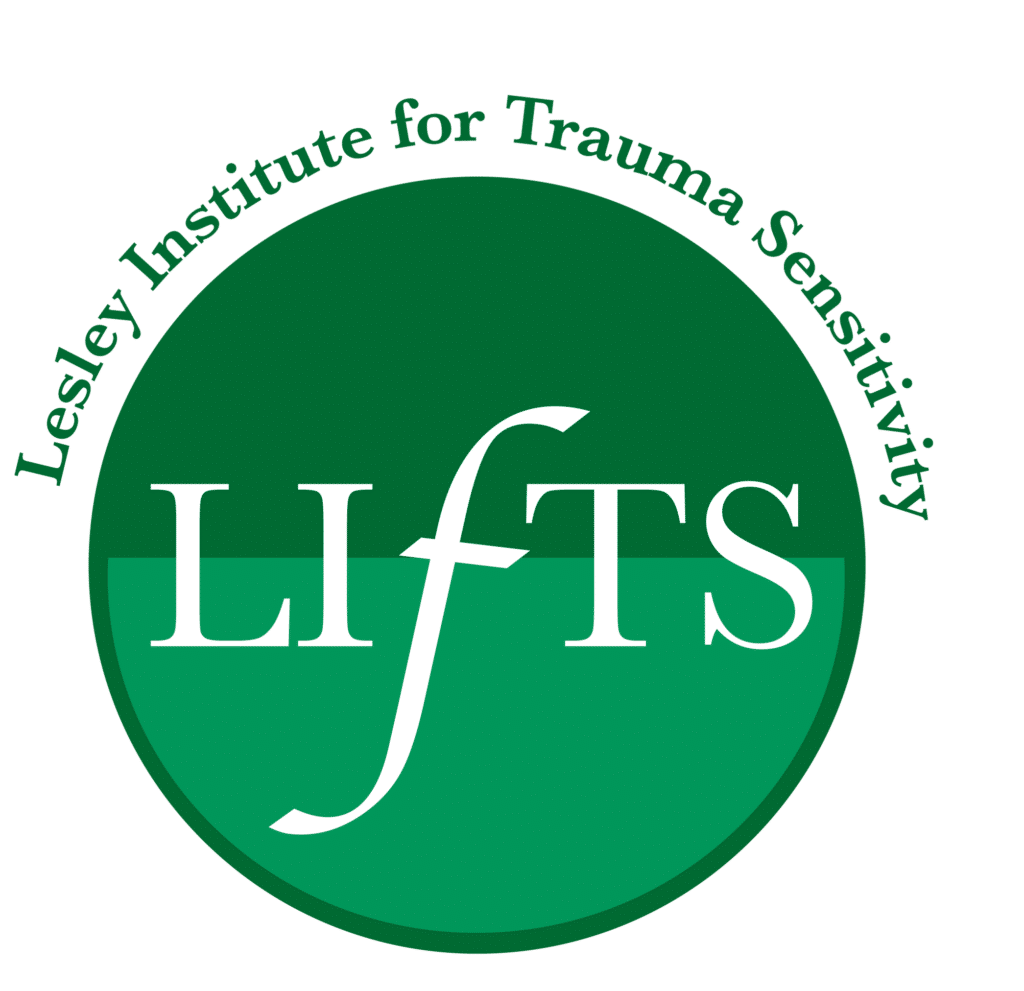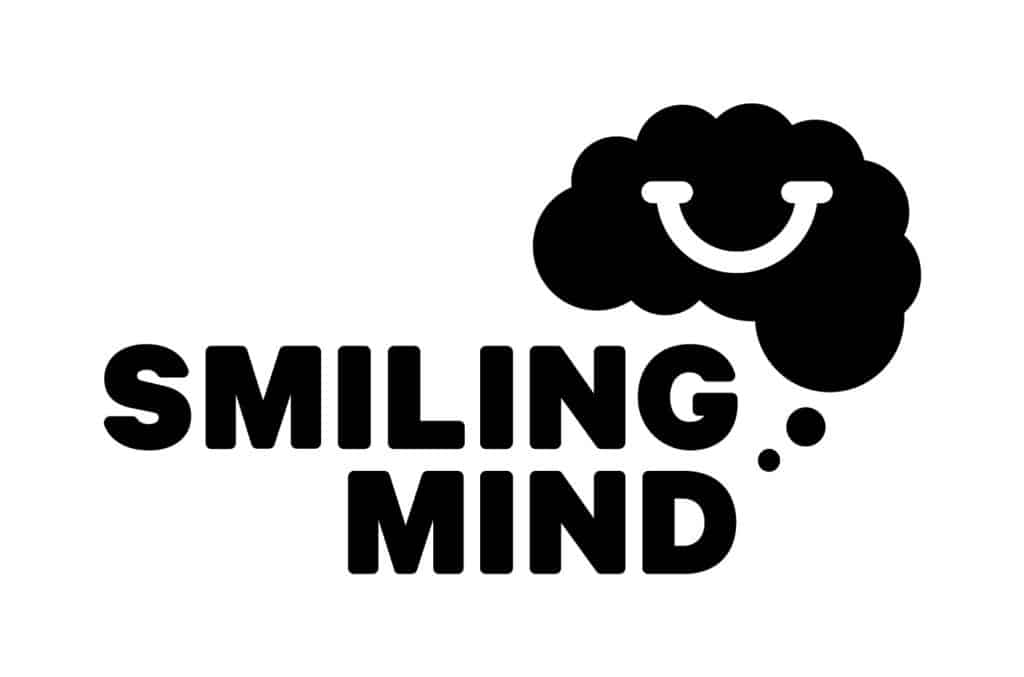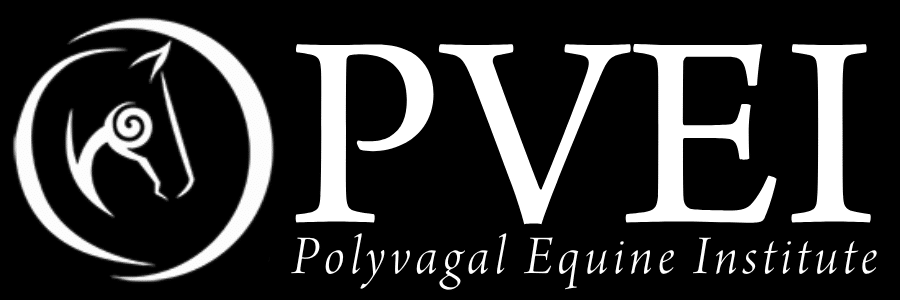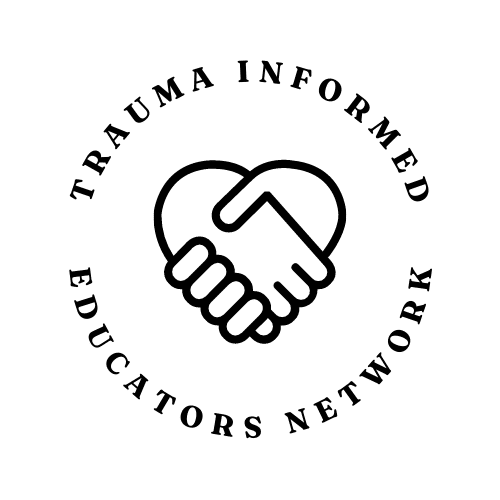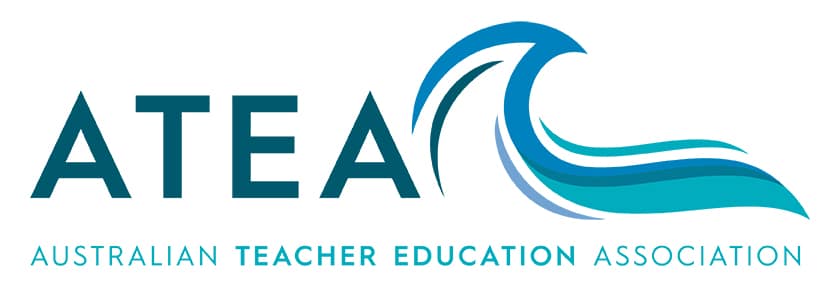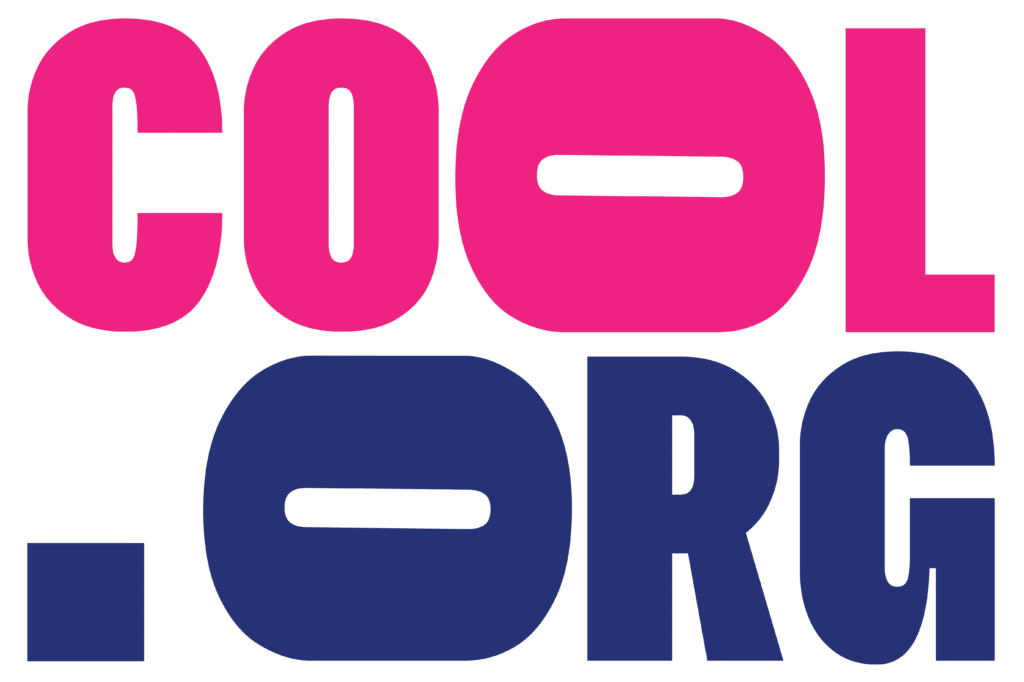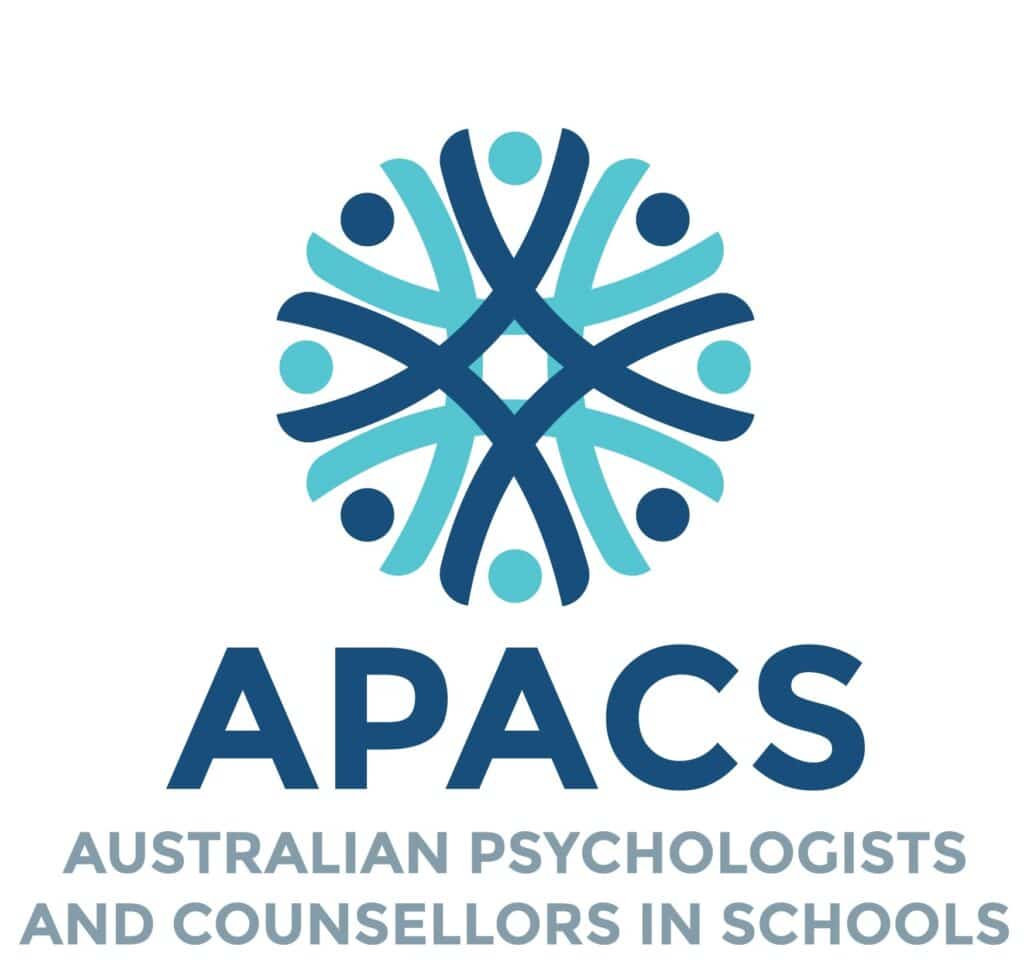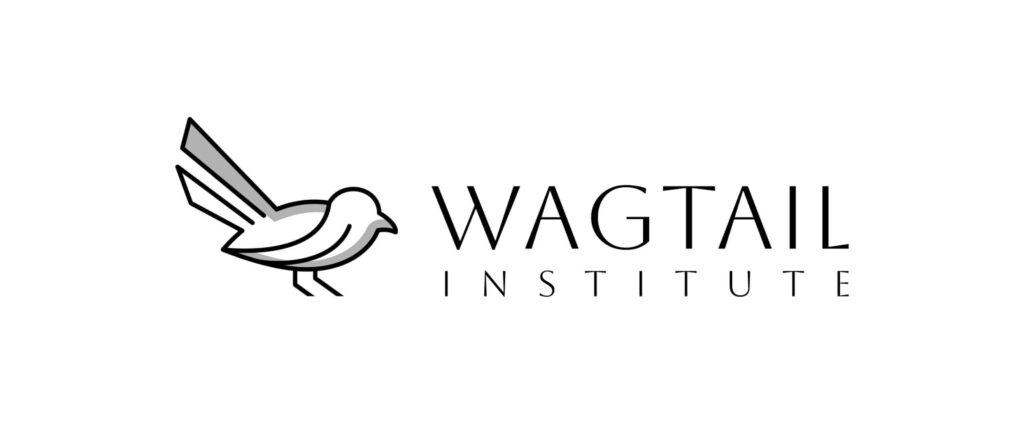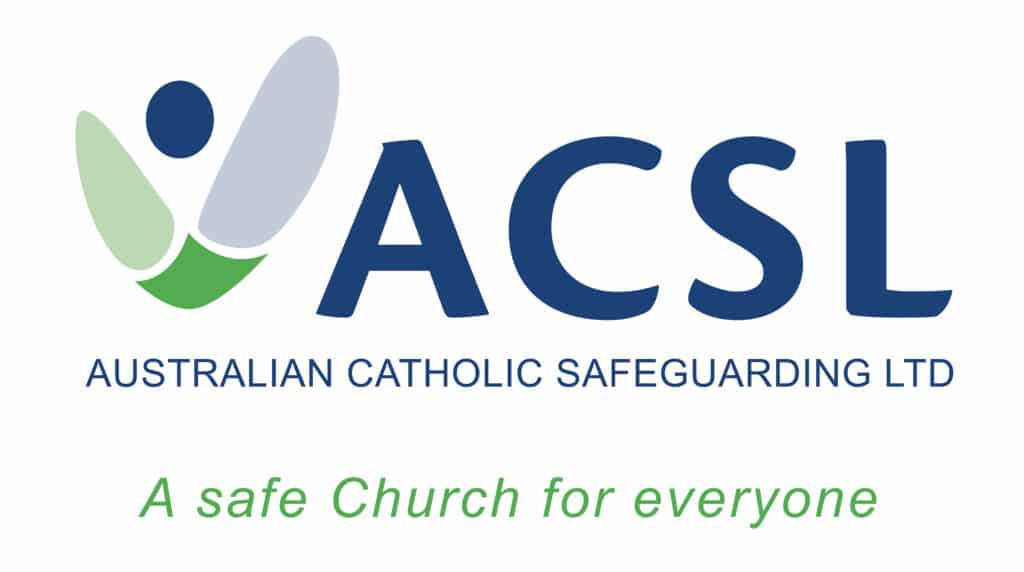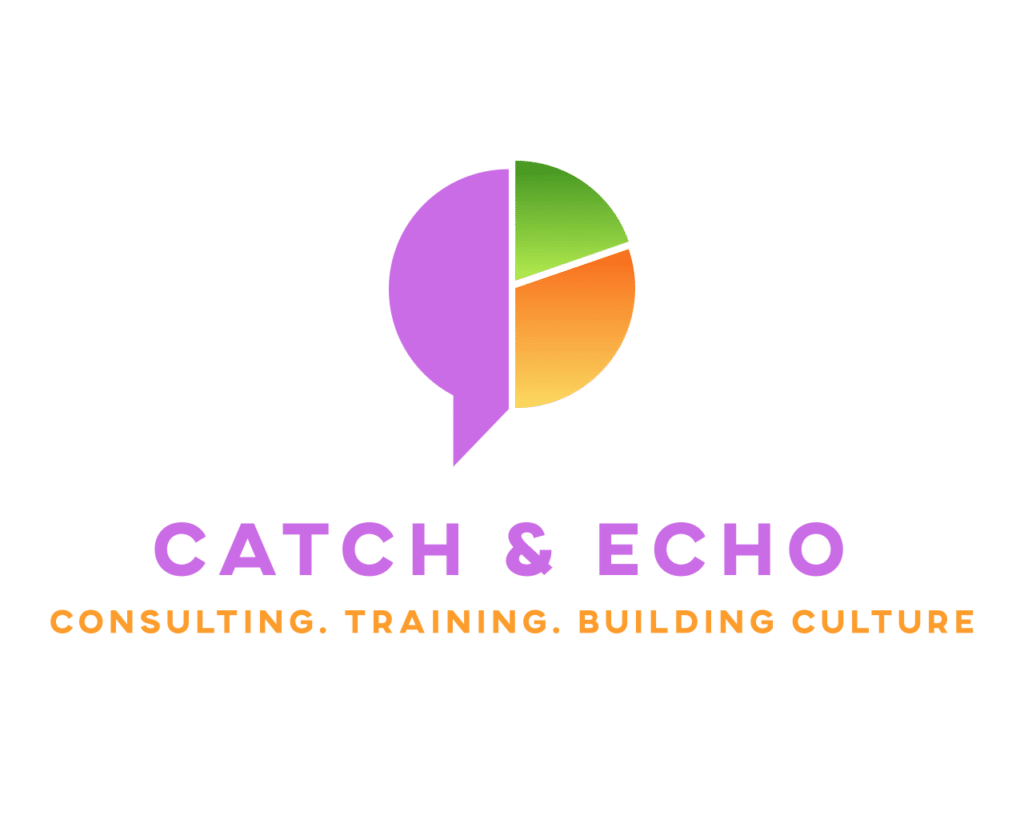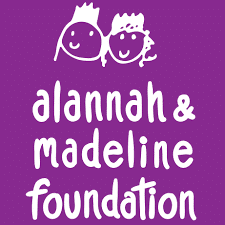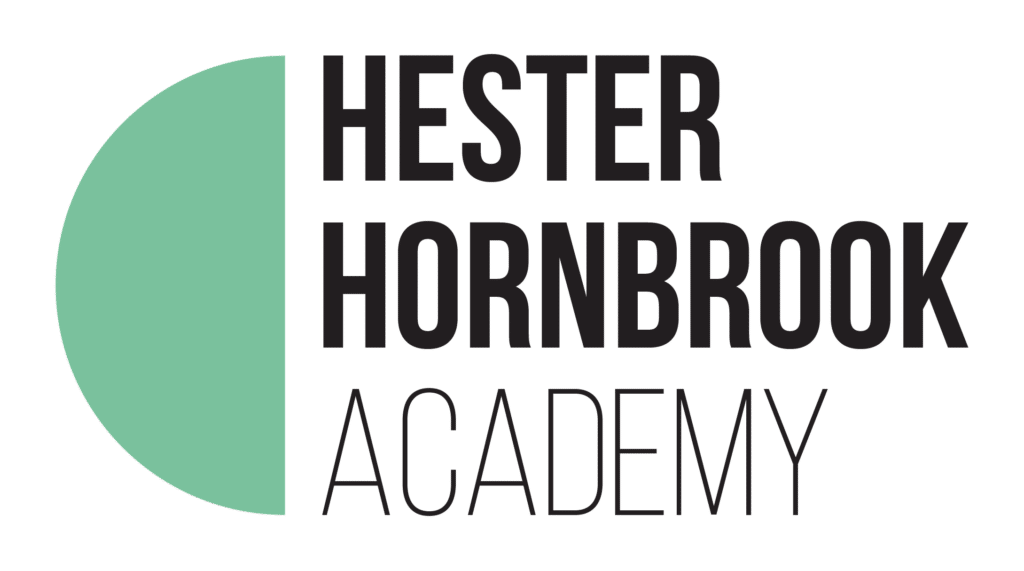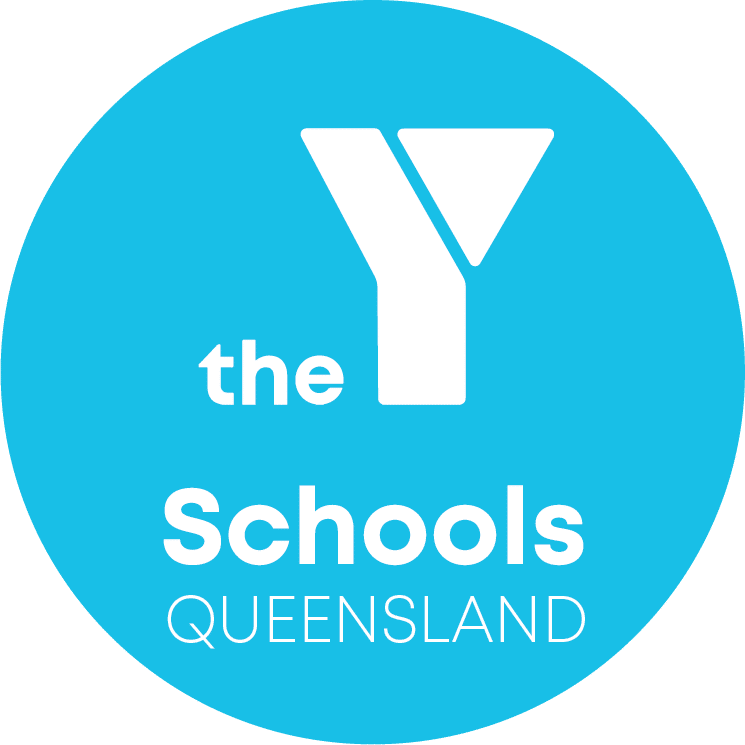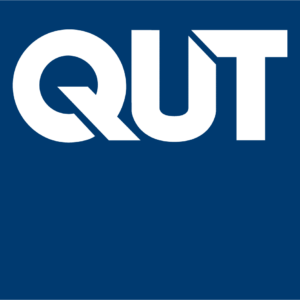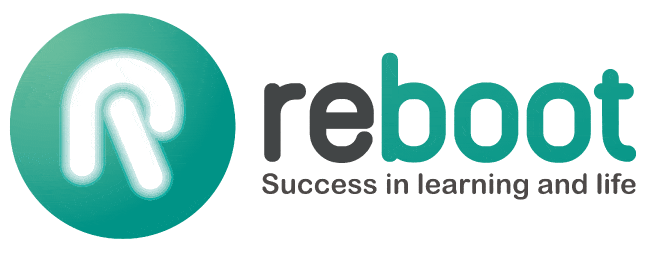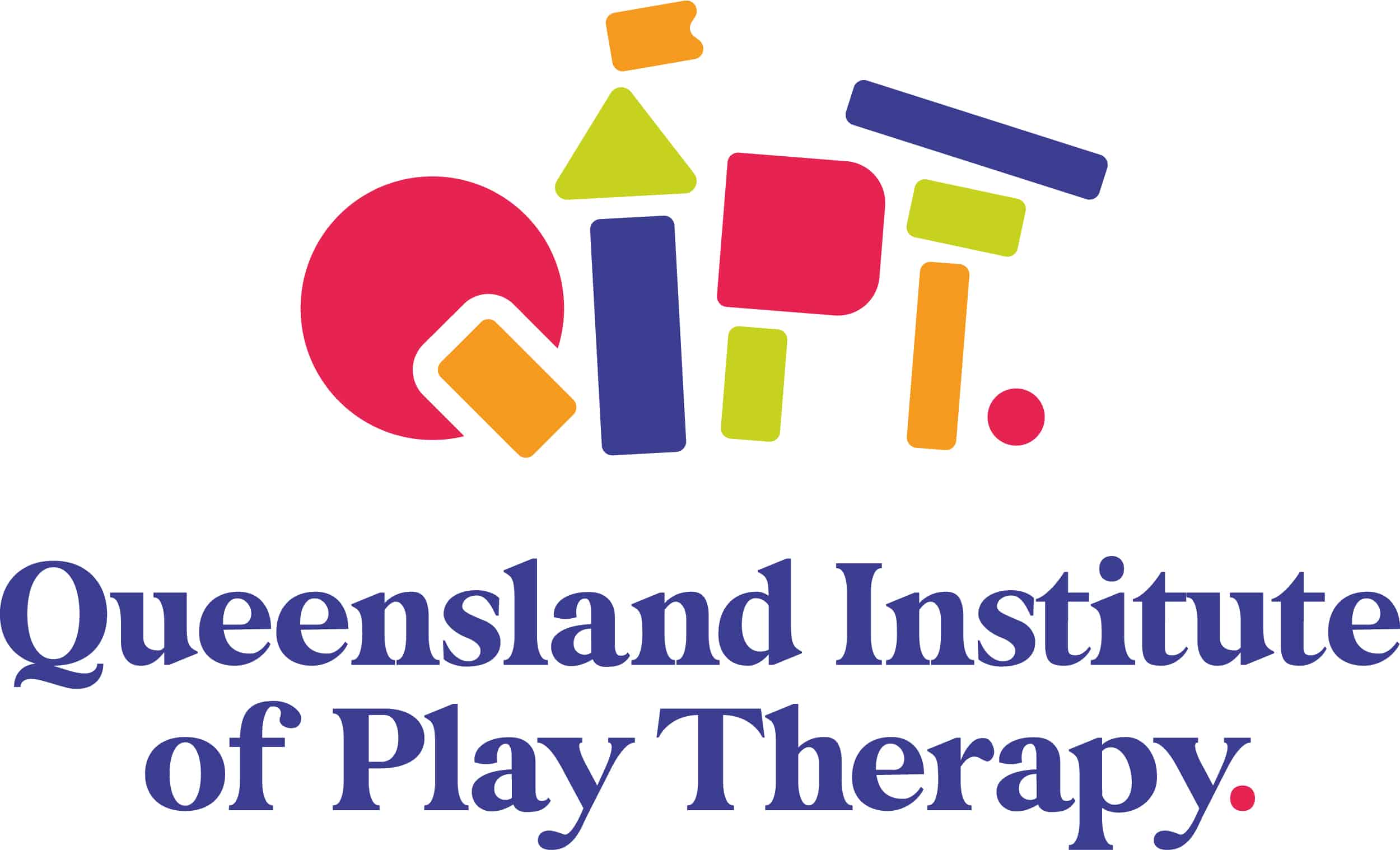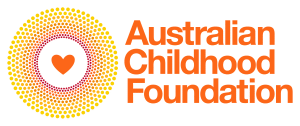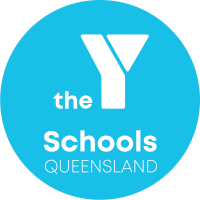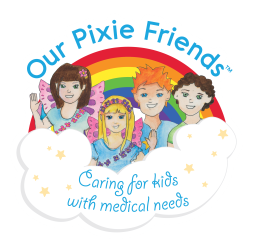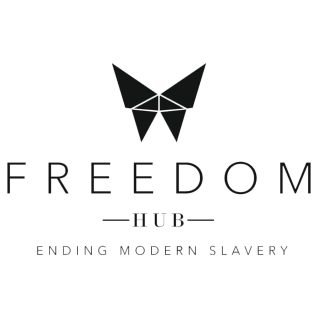Thanks to our current sponsors and supporters
Platinum University Partner
QUT is dedicated to achieving the very best (and is recognised as a global leader) in learning and teaching, research and research training, and leadership and engagement.
QUT is home to the Trauma-Aware Education Graduate Certificate, the Trauma-Aware Education Master of Education Specialisation, and units in Trauma-Aware Education delivered to all our pre-service teachers before they graduate.
QUT staff are proud to had led the development and coordination of the Trauma-Aware Education Conference since 2017.
Platinum
The Berry Street Education Model (BSEM) provides schools with practical pedagogical strategies to engage all students and has been shown to be particularly effective with disadvantaged and struggling learners. The Model integrates 25 years of wellbeing research and has been proven to make significant improvements to students’ resilience, self-regulation, growth and academic achievement. This positive outcome has been achieved by giving teachers practical strategies that engage students and build their willingness to learn at school.
Developed in Australia, BSEM consists of five modules and over 100 practical strategies that correspond with the child-development capacities that each student must build to be ‘ready to learn’ in any context. We focus first on building student capacity to engage and then nurturing their willingness to participate in learning. Throughout our training, we provide a robust toolkit of strategies that:
- a) Teachers can practice and implement with students; and
- b) School leaders can use to ensure a consistent approach to implementation, teacher feedback and support.
Schools have adopted the Model because:
- It is beneficial for all students, not just the ones with chronic stress.
- It consists of practical strategies that provide a consistent approach for a whole school.
- It is easy for teachers and support staff to implement and adapt for their context.
- It can enhance or validate existing classroom management and pedagogical practice.
- It consists of practical strategies that improve teacher awareness of self-care.
Platinum
Gold
Today our mission continues through care, prevention and advocacy – from supporting children experiencing family violence to online bullying and fighting for the rights of young people everywhere. After 25 years, our fight continues. The challenges facing children and young people may have changed, but our mission has not.
Silver
Occupational and Speech Therapists develop students’ individual strengths and build their social and emotional competencies.
The school combines education and wellbeing support with a teacher, educational intervention specialist and youth worker in every classroom. This is the place where wellbeing for learning, and learning for wellbeing, work collaboratively for significant impact.
Our Healing Oriented approach to education or HOPE, is built upon a foundation of safety, trust, agency and supportive relationships. HOPE takes a holistic view of a young person’s needs and development, recognising the interconnectedness of all parts of the person’s life and hence the need for a multi-disciplinary and coordinated approach.
This is where wellbeing for learning and learning for wellbeing intersect and work collaboratively together for impact.
HOPE is an opportunity to reimagine education and the critical relationship between learning and wellbeing for young people. It is a way of being for staff and students; it guides our educational and wellbeing approaches and highlights the importance of connection, collaboration and relationships.
HOPE reflects an evidence informed approach to supporting young people to re-engage in education. The intentional design of multi-disciplinary teams, learning spaces and curriculum, signal to young people that they have value, and they can embrace the future with optimism. When we address the barriers to accessing education within a supportive, therapeutic framework, student outcomes across all domains are positively impacted. This in turn can change the life trajectories of the young people engaged at Hester Hornbrook (and indeed in any other educational setting), their families and the broader community.
Silver
YSchools were stablished in 2010 to provide a real opportunity for all young people to achieve their full potential irrelevant of circumstance.
We are founded on the principle that all students can achieve a pathway to success, with the right support. We use strengths-based, trauma-aware approaches to support students who have difficulty engaging in mainstream education. Y Schools provide adjusted educational programs and vocational training in an alternative learning environment, coupled with a high degree of wrap-around wellbeing support. Students participate in programs dedicated to enhancing practical and personal skills, at a pace that encourages school attendance, engagement, confidence and self-determination.
The development of the whole person is of utmost importance and we are guided in developing this through the Y’s philosophy of valuing a person’s Mind, Body and Spirit. Our mission is to positively engage young people in education and lifelong learning in an inclusive environment, empowering them to become well-rounded, confident and healthy human beings. The demand for our schools has grown exponentially since inception due to an increasing need and proven ability to achieve a positive impact with students and their families and we now operate 11 campuses across Queensland’s south east corner and Bundaberg. We continue to grow, evolve and adapt to remain effective in catering for the changing needs of young people in an agile landscape of the unique communities where we are located.
Bronze sponsor
The Thriving Queensland Kids Partnership (TQKP) is a coalition and intermediary of from Queensland and beyond, hosted by ARACY – the Australian Research Alliance for Children and Youth. TQKP’s purpose is to ‘catalyse systems to change the odds for Queensland children and young people to thrive’.
To achieve this, TQKP:
- brings people, organisations and sectors together
- uses what we know and learn
- supports leaders and catalysts, and
- facilitates collaborative action, innovation and development.
Through a portfolio of interconnected initiatives, together with many partners and collaborators across sectors and throughout the state of Queensland, our intent is to build better connections, capabilities, and capacities in the key areas of:
- concerted leadership
- smarter investment
- stronger workforces
- enabled caregivers and communities
- integrated and developmental delivery and
- putting data, evidence and experience to work.
This means an ecosystem better stewarded and equipped (developmentally focused, trauma-informed, neuro-capable and healing-oriented) and working well together to:
- reduce the experience and consequences of inequity and adversity, and
- improve opportunities, capabilities and outcomes so all Queensland kids have a great start and journey in life.
For more about TQKP’s current initiatives, visit: www.tqkp.org.au/tqkp-work-program
Dinner sponsor
Little Stars Foundation is a not for profit organisation based in South East Queensland which provides supports to children living in foster, kinship and residential care. The support provided includes educational support grants, provision of school bags and items needed for school, suitcases with essential items for children entering foster, kinship and residential care and a community engagement program where children are able to attend special community events with their carers such as trips to the zoo, football and theatre events and the like. Little Stars Foundation also runs workshops and provides training courses to support children in care and those who support them including teachers, carers and providers who work with these children.
Exhibitors
Animal Therapies Ltd (ATL) is a national health promotion charity that connects those in need with animal-assisted services that may prevent or help manage mental illness, disability, disease, and suffering. This includes people at risk of, or who are, experiencing physical, neurological, or psychological conditions.
QUT is dedicated to achieving the very best (and is recognised as a global leader) in learning and teaching, research and research training, and leadership and engagement.
QUT is home to the Trauma-Aware Education Graduate Certificate, the Trauma-Aware Education Master of Education Specialisation, and units in Trauma-Aware Education delivered to all our pre-service teachers before they graduate.
QUT staff are proud to had led the development and coordination of the Trauma-Aware Education Conference since 2017.
The Berry Street Education Model (BSEM) provides schools with practical pedagogical strategies to engage all students and has been shown to be particularly effective with disadvantaged and struggling learners. The Model integrates 25 years of wellbeing research and has been proven to make significant improvements to students’ resilience, self-regulation, growth and academic achievement. This positive outcome has been achieved by giving teachers practical strategies that engage students and build their willingness to learn at school.
Developed in Australia, BSEM consists of five modules and over 100 practical strategies that correspond with the child-development capacities that each student must build to be ‘ready to learn’ in any context. We focus first on building student capacity to engage and then nurturing their willingness to participate in learning. Throughout our training, we provide a robust toolkit of strategies that:
- a) Teachers can practice and implement with students; and
- b) School leaders can use to ensure a consistent approach to implementation, teacher feedback and support.
Schools have adopted the Model because:
- It is beneficial for all students, not just the ones with chronic stress.
- It consists of practical strategies that provide a consistent approach for a whole school.
- It is easy for teachers and support staff to implement and adapt for their context.
- It can enhance or validate existing classroom management and pedagogical practice.
- It consists of practical strategies that improve teacher awareness of self-care.
Little Stars Foundation is a not for profit organisation based in South East Queensland which provides supports to children living in foster, kinship and residential care. The support provided includes educational support grants, provision of school bags and items needed for school, suitcases with essential items for children entering foster, kinship and residential care and a community engagement program where children are able to attend special community events with their carers such as trips to the zoo, football and theatre events and the like. Little Stars Foundation also runs workshops and provides training courses to support children in care and those who support them including teachers, carers and providers who work with these children.
Reboot is a whole-of-school program that provides staff and students with a common set of expectations and proven tools that proactively and strategically create cultural and behavioural change in response to challenging behaviours and students’ disengagement from learning. Reboot was created by Sarah Ralston over 10 years of supporting young people, staff and families to address the impact of childhood adversity and trauma. Sarah has combined her experience as a youth worker, teacher and counsellor with studies in psychology, traumatology, neuroscience, kinesiology, counselling, yoga and mindfulness. Reboot’s neuro-science based training, curriculum and strategies integrate social and emotional wellness into the fabric of daily school life to engage the most challenging students, and build life skills for all students to thrive. Reboot tools work for all ages, staff and students, in primary and secondary schools, youth engagement programs and out-of-home care. With the Reboot whole-brain teaching and learning approach you can:
- Improve student engagement, belonging and sense of safety
- Improve student attendance
- Reduce suspension and behaviour concerns
- Introduce the neuroscience of learning and whole-brain teaching
- Manage learning anxiety and create stress-aware classrooms with happier students and staff
- Inspire student confidence and goal setting
- Improve student emotional self-regulation
- Re-energise and inspire staff
Due to the highly kinaesthetic and practical delivery of training (99.6% of workshop participants would recommend this training to others) and the level of support to successfully integrate tools Reboot has seen a 900% growth over the past 18 months and will impact over 30,000 young people in 2017.
The Queensland Institute of Play Therapy is a leading institution committed to elevating the standard of Play Therapy. Established with a passion for promoting mental health and well-being, we specialize in providing comprehensive Play Therapy training programs and neuroscience education for educators. Our commitment is rooted in the belief that Play Therapy is a powerful and effective tool for fostering emotional, psychological, and social development in individuals.
Mission Statement: At the Queensland Institute of Play Therapy, our mission is to raise the standard of Play Therapy by providing high-quality training and education. We aim to empower professionals and educators with the knowledge and skills needed to facilitate meaningful therapeutic experiences for individuals through play.
Hester Hornbrook is at the cutting edge of providing students with flexible, applied learning options, extensive literacy and numeracy tier-three interventions and assertive outreach, alongside a strong allied health and auxiliary team, including mental health supports, school lawyers, nurses, and doctors.
Occupational and Speech Therapists develop students’ individual strengths and build their social and emotional competencies.
The school combines education and wellbeing support with a teacher, educational intervention specialist and youth worker in every classroom. This is the place where wellbeing for learning, and learning for wellbeing, work collaboratively for significant impact.
Our Healing Oriented approach to education or HOPE, is built upon a foundation of safety, trust, agency and supportive relationships. HOPE takes a holistic view of a young person’s needs and development, recognising the interconnectedness of all parts of the person’s life and hence the need for a multi-disciplinary and coordinated approach.
This is where wellbeing for learning and learning for wellbeing intersect and work collaboratively together for impact.
HOPE is an opportunity to reimagine education and the critical relationship between learning and wellbeing for young people. It is a way of being for staff and students; it guides our educational and wellbeing approaches and highlights the importance of connection, collaboration and relationships.
HOPE reflects an evidence informed approach to supporting young people to re-engage in education. The intentional design of multi-disciplinary teams, learning spaces and curriculum, signal to young people that they have value, and they can embrace the future with optimism. When we address the barriers to accessing education within a supportive, therapeutic framework, student outcomes across all domains are positively impacted. This in turn can change the life trajectories of the young people engaged at Hester Hornbrook (and indeed in any other educational setting), their families and the broader community.
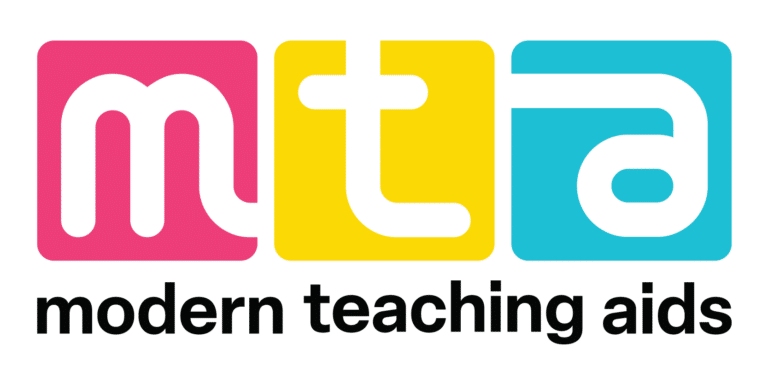
Started in 2009, Social Care Solutions was born out of a desire initially to see higher standards in foster care assessment within the human services sector, emphasising strengths-based practice and trauma-informed care provision.
Over time, and with over 60 passionate and dedicated practitioners, consultants, and trainers, Social Care Solutions delivers high-quality child safeguarding consultancy, training, support, and assessment services across the child protection, education and health sectors. Their purpose is to ensure better outcomes for children and young people across Australia and New Zealand and they have developed a reputation as an industry disruptor, thought leader, and driver of practice innovation.
Supporters of the Trauma-Aware Education Conference

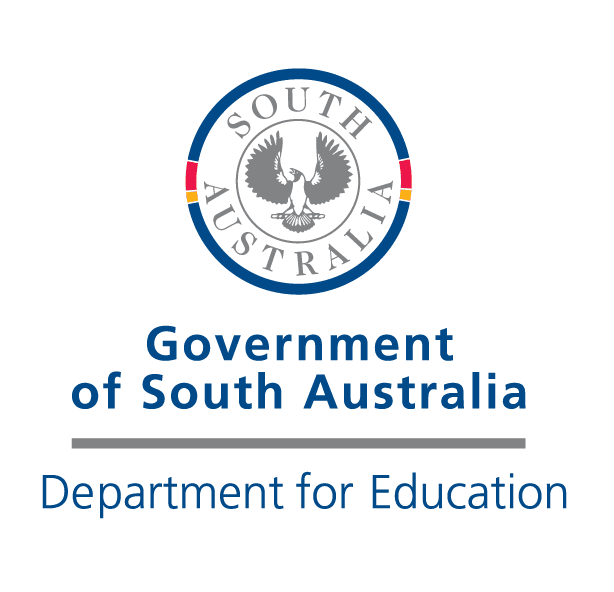

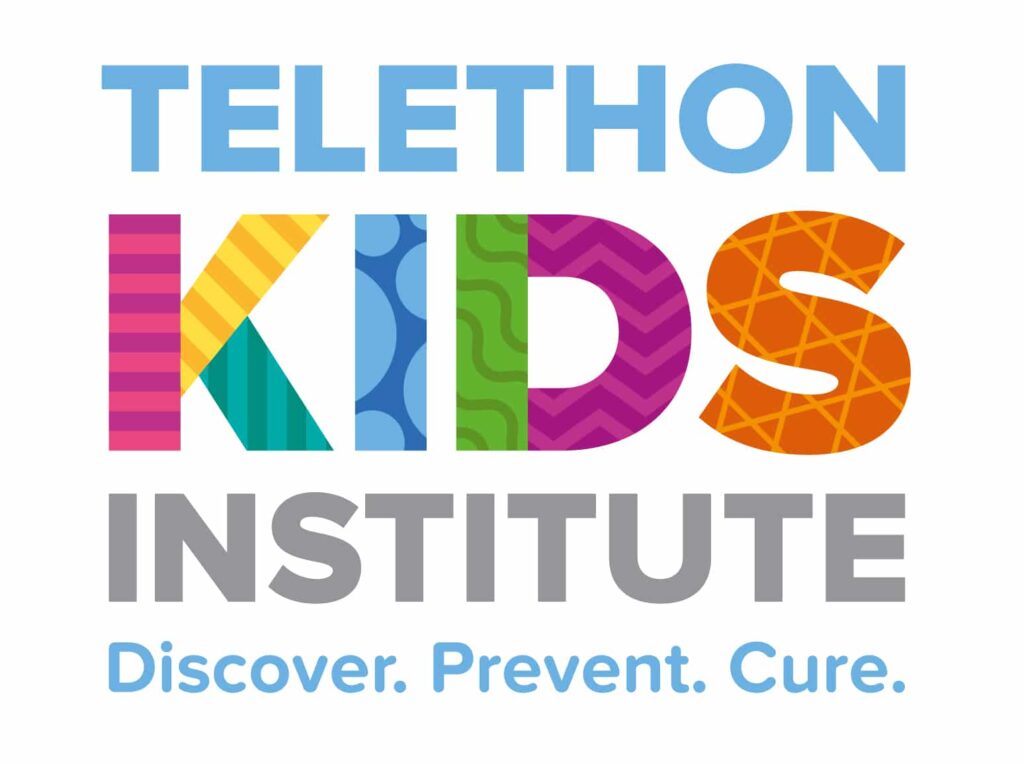
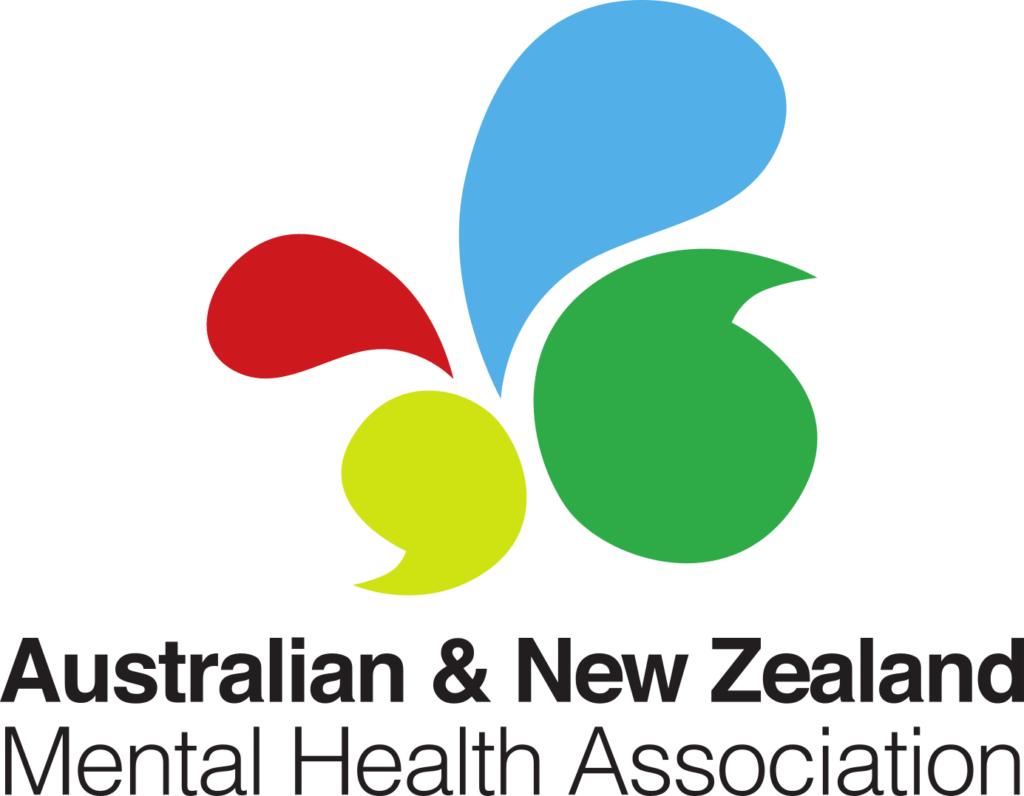
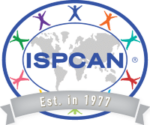
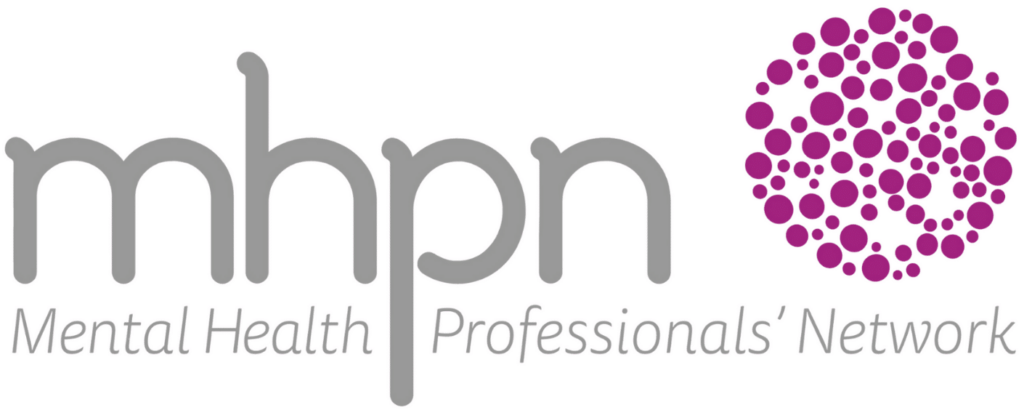
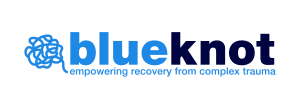

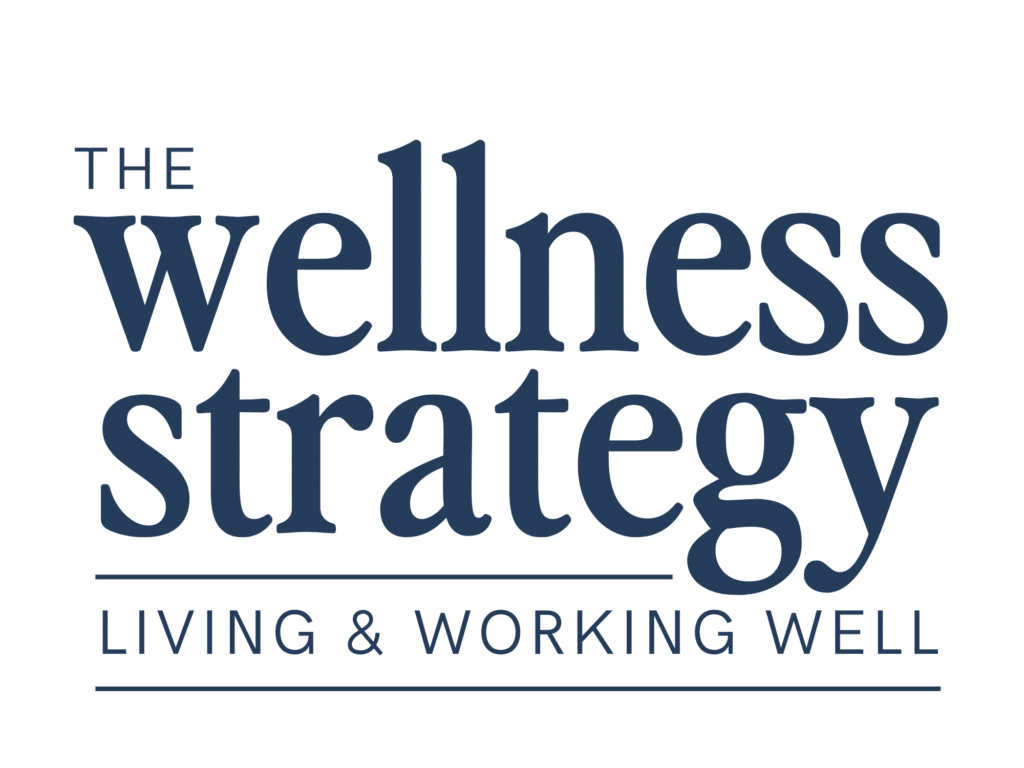
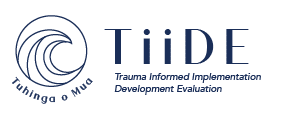
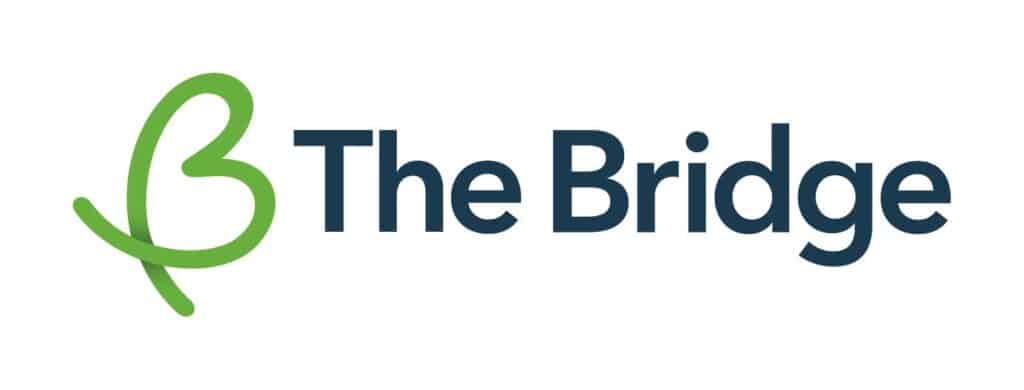

In collaboration with the
Health & Social Care Unit.
